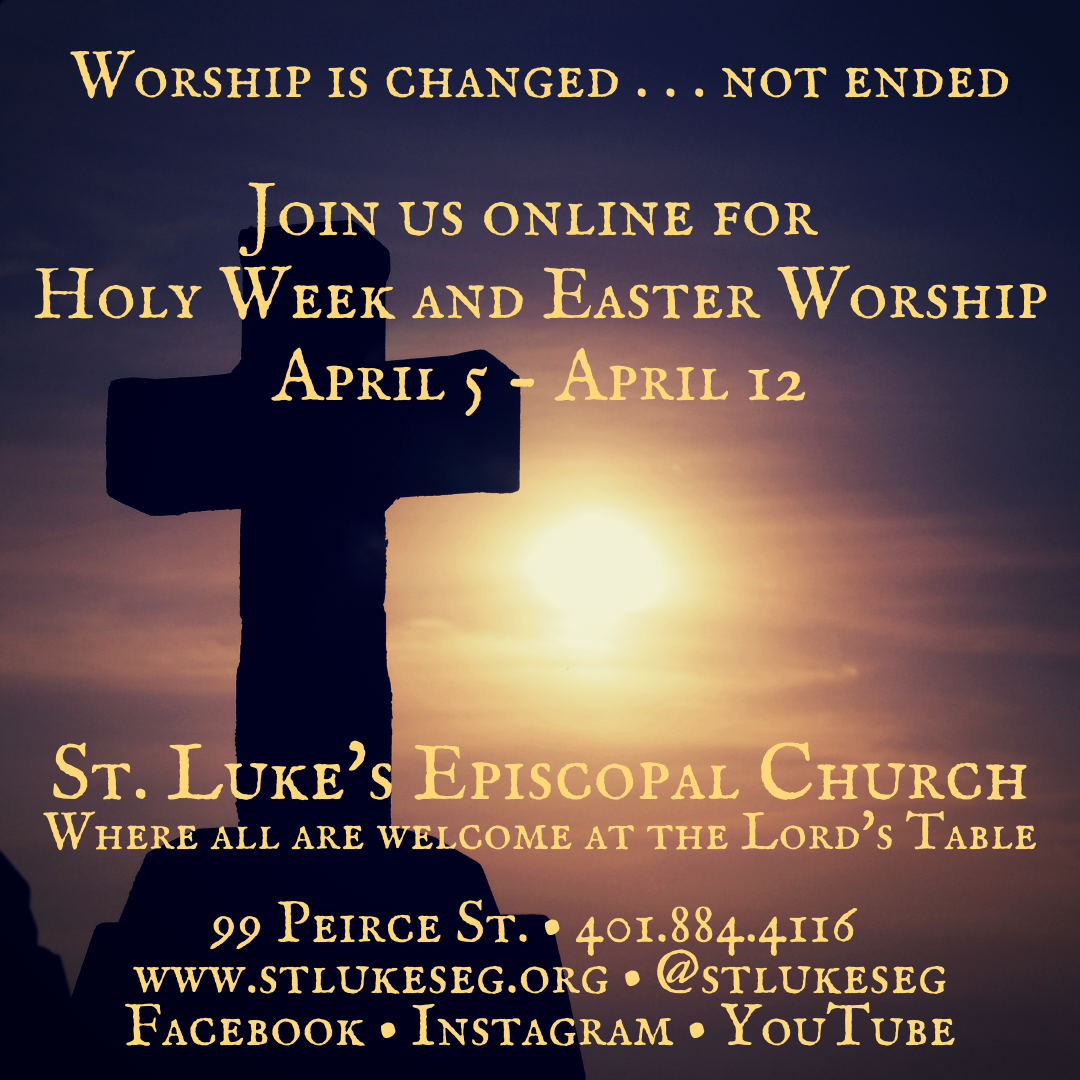Home > Lenten Blog 2023
Forgive from our heart.
March 14, 2023

Song of the Three Young Men 2–4,11–20a | Psalm 25:3–10 | Matthew 18:21–35
The Gospel today, Matthew 18:21-35, is well-known, i.e.,
Peter: How many times should I forgive another who sins against me? 7?
Jesus: 77!
Perhaps today, Jesus’ answer would simply be: Infinity! Because he then goes on to give a humdinger of an example. A king forgives a slave his large debt. That same slave refuses to forgive another slave who is his debtor. When the rest of the slaves complain to the king, the king has the first slave TORTURED until his debt is paid.
Jesus wraps up the story in saying that the same will happen to each of us if we do not forgive from our heart. Point taken! This parable, like most of Jesus’, is harsh, paradoxical, and feels impossible to apply in our daily lives.
But I recently gained some insight into interpreting Jesus’ parables from Cynthia Bourgeault in The Wisdom Jesus. Cynthia draws a parallel between Jesus’ parables and Buddhist koans. Koans are stories full of unresolvable paradox and challenge, formed to shake us up and shift our consciousness. (i.e., the sound of one hand clapping…)
Jesus is talking about a shift of consciousness, in this parable, and many others. And he gives us a tip-off that has made it into the canonical gospels – the Kingdom of Heaven. The Kingdom of Heaven is Jesus’ metaphor for a state of consciousness – not a literal place you go to, but a place you come from. “It is a whole new way of looking at the world, a transformed awareness that literally turns this world into a different place.” (Bourgeault,p.30)
The Kingdom of Heaven is Jesus’ favorite way of talking about what we would today call unitive consciousness or non-dual consciousness. Both/and rather than either/or. To once again quote Bourgeault, “the hallmark of this awareness is that it sees no separation, not between God and humans, not between humans and other humans.” (p. 31) Jesus’ two core teachings.
I caught a glimmer of this consciousness with my husband’s death and have been pursuing it hard ever since. So I invite you to try it. Or as Jesus said, “Come and see.” Read this parable (and the others) as if God is in you, and you are in God.
Does it make sense?
Hope so.
Judith Sutphen


